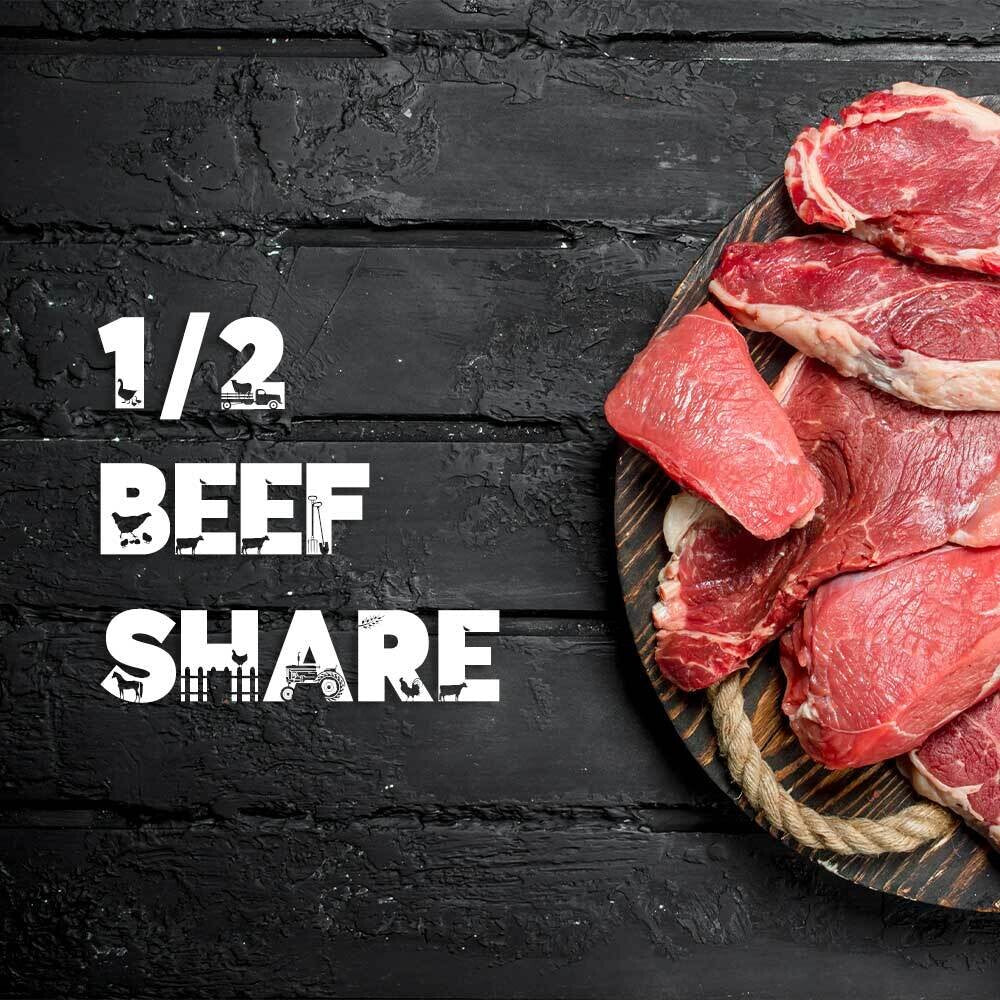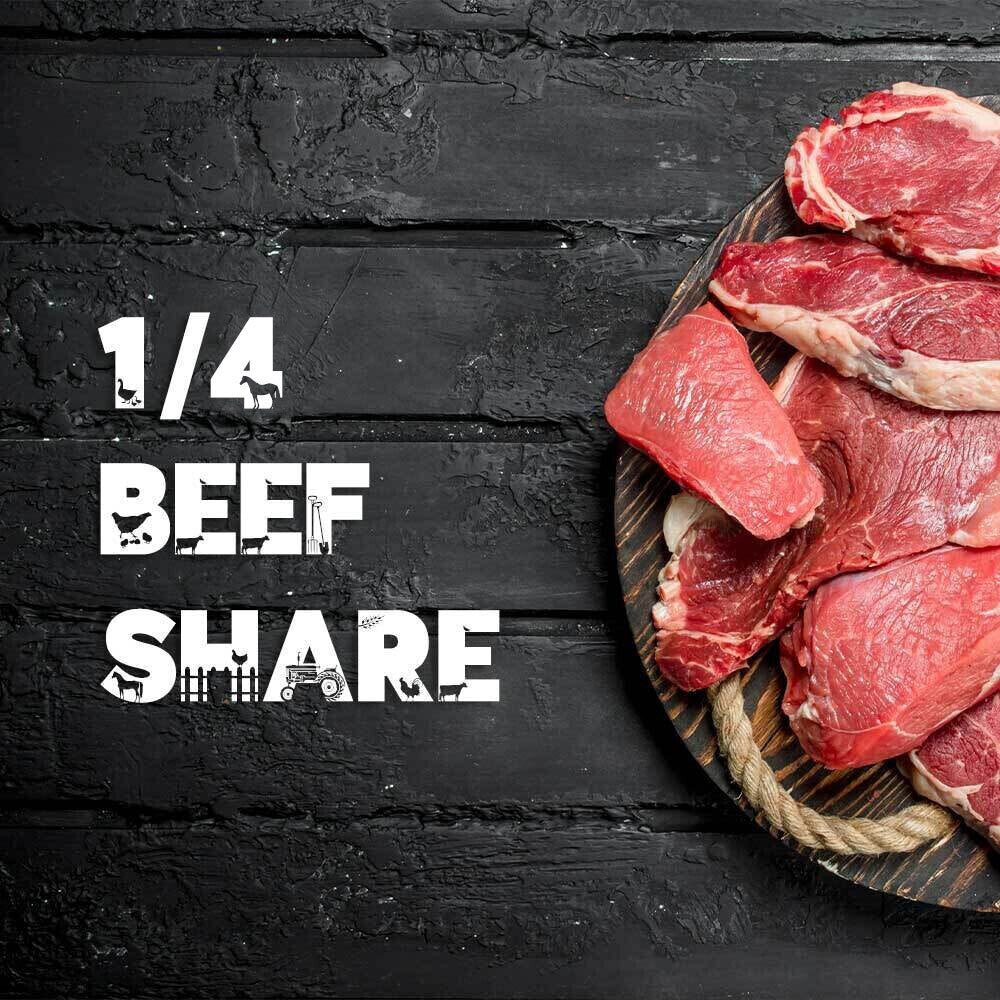
Ketosis and Mental Resilience: Insights from Shackleton’s Expedition
I’m now three months into my new keto diet, and I’m really pleased with the changes I’ve experienced. While I’ve dropped over 20 pounds without much effort—a nice bonus—that wasn’t my main goal. My focus has been on improving my overall health, preserving muscle mass, and addressing things like oxidation and inflammation. As I turned 64 this summer, I started thinking more seriously about my healthspan and what my life might look like when I’m 74.
Recently, I watched the new documentary about Shackleton and the discovery of his ship, "Endurance". Have any of you seen it?
I’ve always been fascinated by this story. Despite enduring one of the most grueling and miserable survival situations imaginable, Shackleton and his crew not only survived but maintained good health and, perhaps more surprisingly, good spirits. According to Shackleton; the 22 men left behind remained "cheerful" even after months of waiting. That really struck me.
 22 men lived under two boats for 4 months in ketosis—without killing each other.
22 men lived under two boats for 4 months in ketosis—without killing each other.
 22 men lived under two boats for 4 months in ketosis—without killing each other.
22 men lived under two boats for 4 months in ketosis—without killing each other.
Then it hit me—these men were likely in ketosis!Their diet during that ordeal was almost entirely seals and penguins, (and their dogs) with stretches of intermittent fasting. According to the documentary they ate one meal a day. It’s loosely comparable to my current diet, though mine includes Grassfed Beef and Pasture-Raised Chickens under WAY more comfortable conditions. This realization sent me down a rabbit hole of reading about how ketosis impacts the brain, especially when it comes to mood, mental clarity, and resilience. What I found was fascinating and, honestly, made me even more committed to this way of eating.
Are We Feeding Our Brains for Happiness? The Case for Ketones
In recent years, concerns about our collective mental attitude have become hard to ignore. Reports of rising unhappiness, intolerance, and emotional instability seem to dominate conversations. While there are many factors contributing to these trends, one aspect often overlooked is how our diet impacts our mood and mental resilience. Could feeding your brain ketones instead of sugar make you not only healthier but also happier? This question became personal for me as I explored the ketogenic diet. Watching the recent documentary about Shackleton’s incredible experience and survival, I was struck by how he and his crew managed to maintain not only their health but also their good spirits in such harsh conditions. It occurred to me—they were likely in ketosis, living on a diet of seals, penguins, and stretches of fasting. That realization led me to dig deeper into how ketones fuel the brain differently than glucose, and the results were obvious in hindsight.Rethinking Brain Fuel: Sugar vs. Ketones
Most of us assume the brain relies on glucose, derived from sugars and carbohydrates, as its primary energy source. But research shows the brain is highly adaptable and may function even better on ketones—the energy molecules the body produces when in ketosis. Unlike glucose, which can cause energy spikes and crashes, ketones provide a more stable, efficient source of energy. This stability not only supports focus and memory but may also contribute to a steadier mood and greater emotional well-being.Mental Attitude and Ketones:
The evidence supporting the emotional and mental benefits of ketosis is compelling: 1. Mood Stability: Ketones help balance neurotransmitters, the chemical messengers in the brain. This balance may reduce mood swings and even alleviate symptoms of depression. 2. Reduced Irritability: Glucose-driven energy fluctuations can leave us feeling fatigued and irritable. Ketones, by providing a consistent energy supply, help prevent these crashes. 3. Emotional Resilience: By reducing inflammation and oxidative stress, ketones may promote a calmer, more resilient mental state. This could explain why people on ketogenic diets report feeling more tolerant, patient, and grounded. 4. Sharper Cognitive Processing: Clear thinking is critical for emotional regulation. Ketones fuel the brain efficiently, supporting better cognitive function, which in turn can lead to improved emotional control and a more positive outlook.Ketosis and Happiness: A Scientific Perspective
Beyond its immediate effects on mood, ketosis offers long-term benefits for brain health. By reducing inflammation, oxidative stress, and supporting mitochondrial function, ketones may help protect against cognitive decline and neurological disorders. A healthier brain is often a happier brain. Additionally, research shows that ketosis increases cerebral antioxidants and energy markers, further enhancing brain health and performance. These physiological changes might explain why many individuals feel a profound sense of well-being when in ketosis.A Shift in Perspective
Given how closely diet and brain function are linked, it’s worth asking: Could our modern, sugar-heavy diets be contributing to our collective unhappiness? Shifting from glucose to ketones as a primary brain fuel isn’t just a personal health choice—it’s an opportunity to reexamine how we nourish ourselves emotionally and mentally.Moving Toward a More Intentional Way of Eating
The ketogenic diet offers a chance to reconnect with the relationship between food, brain health, and emotional well-being. For me, it’s been about more than just weight loss—it’s a deeper commitment to improving my healthspan and approaching life with greater clarity and resilience. Whether your interest in keto stems from its potential for cognitive benefits, mood stabilization, or curiosity about how food shapes your mental and physical state, start with understanding the power of ketones.
Tags:
Previous post
Why We Love Steak Oil as a Finishing Touch for Grass-Fed Beef
Next post















